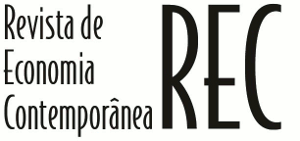This study investigates if there are relevant modifications between income quantiles in returns to schooling, that is, if the schooling returns in the different income quantiles has changed, and between schooling categories in the different income quantiles (if the relative income quantile has changed in the different schooling categories). The study of these schooling categories was performed through the use of the quantile regressions approach in the wage equation for the period 1996-2004, using data base drawn from Pesquisa Nacional por Amostra de Domicílios (Pnad). The big picture from the results has shown that the quantile analysis by income underlines the convergence between the income quantiles and schooling categories and also a relative steady pattern for the higher quantile income individuals. The analysis made by schooling categories underlines the relative loss of income for the elementary school level and the relative steady behavior for the graduate studies level. The joint results stresses that the higher quantile income and schooling categories follows a different path than that of the others, by showing less changes or relative losses over the period in analysis.
labor market; wage differentials; quantile regression










